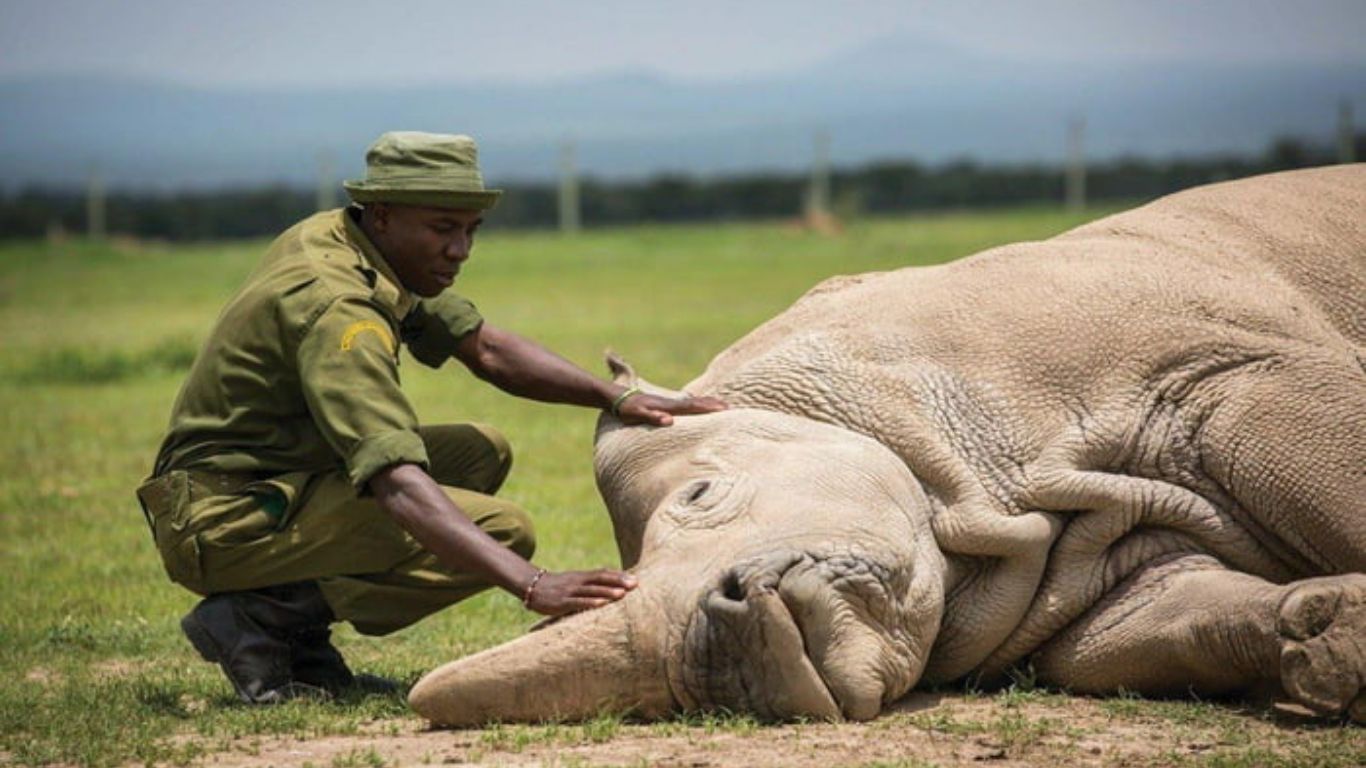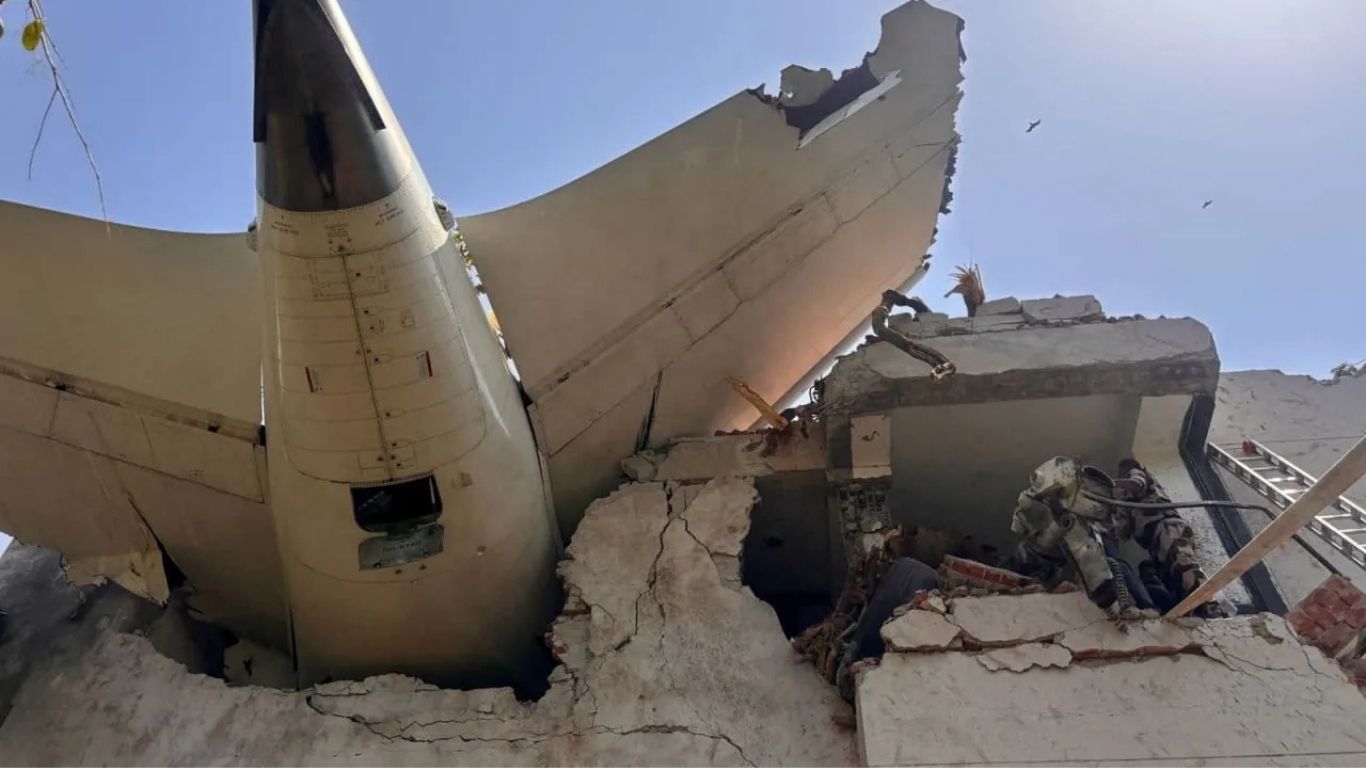A Disaster Averted: All 80 People Survive Horrific Crash
In what could have easily been a devastating tragedy, all passengers and crew aboard a Delta Air Lines flight survived after the plane crashed and overturned while landing at Toronto Pearson Airport. Despite the severity of the incident, officials have confirmed that there were no fatalities—an outcome that seems almost miraculous given the circumstances.
Deborah Flint, CEO of the Greater Toronto Airports Authority, expressed her relief. “We are very grateful there was no loss of life and relatively minor injuries,” she said. However, for those involved, the experience was anything but minor. A child and two adults remain in critical condition, with emergency services rushing them to the hospital for immediate care.
The Moment of Impact
Social media quickly filled with harrowing images of the aircraft flipped upside down on the snow-covered tarmac, one of its wings visibly missing. The Delta Air Lines flight, arriving from Minneapolis, was carrying 76 passengers and four crew members. Eighteen of them were transported to hospitals for further treatment.
Emergency services, including Ontario’s air ambulance service Ornge, deployed helicopters and land ambulances to the scene. Among those critically injured are a child, a man in his 60s, and a woman in her 40s.
Emergency Response: Swift and Precise
Airport officials wasted no time in responding. Deborah Flint called the reaction of emergency personnel “textbook”—a term that, for once, was not just corporate PR spin. The well-coordinated efforts likely prevented a greater catastrophe.
Toronto Pearson Airport temporarily shut down after the crash, but operations resumed a few hours later. However, two runways remain closed for investigation, leading to inevitable flight delays and cancellations.
Conflicting Reports on Weather Conditions
The US Federal Aviation Authority (FAA) has identified the aircraft as Delta Flight 4819, operated by Endeavor Air, a regional subsidiary. The Transportation Safety Board of Canada (TSB) has launched an investigation to determine what went wrong.
Toronto Pearson Fire Chief Todd Aitken stated that the runway was dry and there were no crosswind conditions at the time of landing—contradicting earlier reports of wind gusts exceeding 40 mph. This discrepancy raises serious questions about what actually led to the crash.
Chaos and Confusion in the Aftermath
Video footage shared on social media paints a vivid picture of the aftermath. Passengers can be seen scrambling out of the overturned aircraft, while fire crews douse it with foam. “We’re in Toronto, we just landed. Our plane crashed, it’s upside down,” one passenger says in a video filmed from outside the wreckage.
Another clip shows airport staff assisting people out of the aircraft doors, with some passengers running away from the scene. The shock and confusion are palpable. “Most people appear to be OK. We’re all getting off, there’s some smoke going on,” the man filming adds.
Fallout and Frustration
The crash has wreaked havoc on travel plans. Many passengers now find themselves stranded in Toronto, with no available flights for at least the next couple of days.
James and Andrea Turner, who were in customs waiting to board the very flight that crashed, were evacuated from the airport. “They got rid of everybody from customs to security, and then put everybody back to the general area,” James recounted. With flight delays and cancellations piling up, Toronto Pearson Airport remains a scene of mass confusion and frustration.
Was Weather to Blame?
Toronto has been struggling with severe winter weather for days. Heavy snowfall and freezing temperatures have caused major disruptions, with storms dumping up to 50 cm (nearly 20 inches) of snow across the region. On the day of the crash, light snow was falling, and airport officials had warned of frigid temperatures and strong winds.
A Month of Aviation Disasters
This crash is just the latest in a string of recent aviation incidents in North America. Over the past month alone, there have been multiple major accidents—including a horrific in-air collision between a passenger plane and a military helicopter near Washington, D.C., which killed all 67 people on board.
The frequency of these incidents raises the question: Are we facing a deeper crisis in air travel safety? Are airlines cutting corners? Are regulators failing to enforce stricter safety measures? These are questions that demand answers—not just for those involved in this crash, but for anyone who sets foot on an airplane.
For now, Toronto is left counting its blessings. A plane flipped upside down on the runway, yet every soul on board made it out alive. But survival should not be the benchmark for airline safety. Passengers shouldn’t have to rely on luck to make it to their destination.




